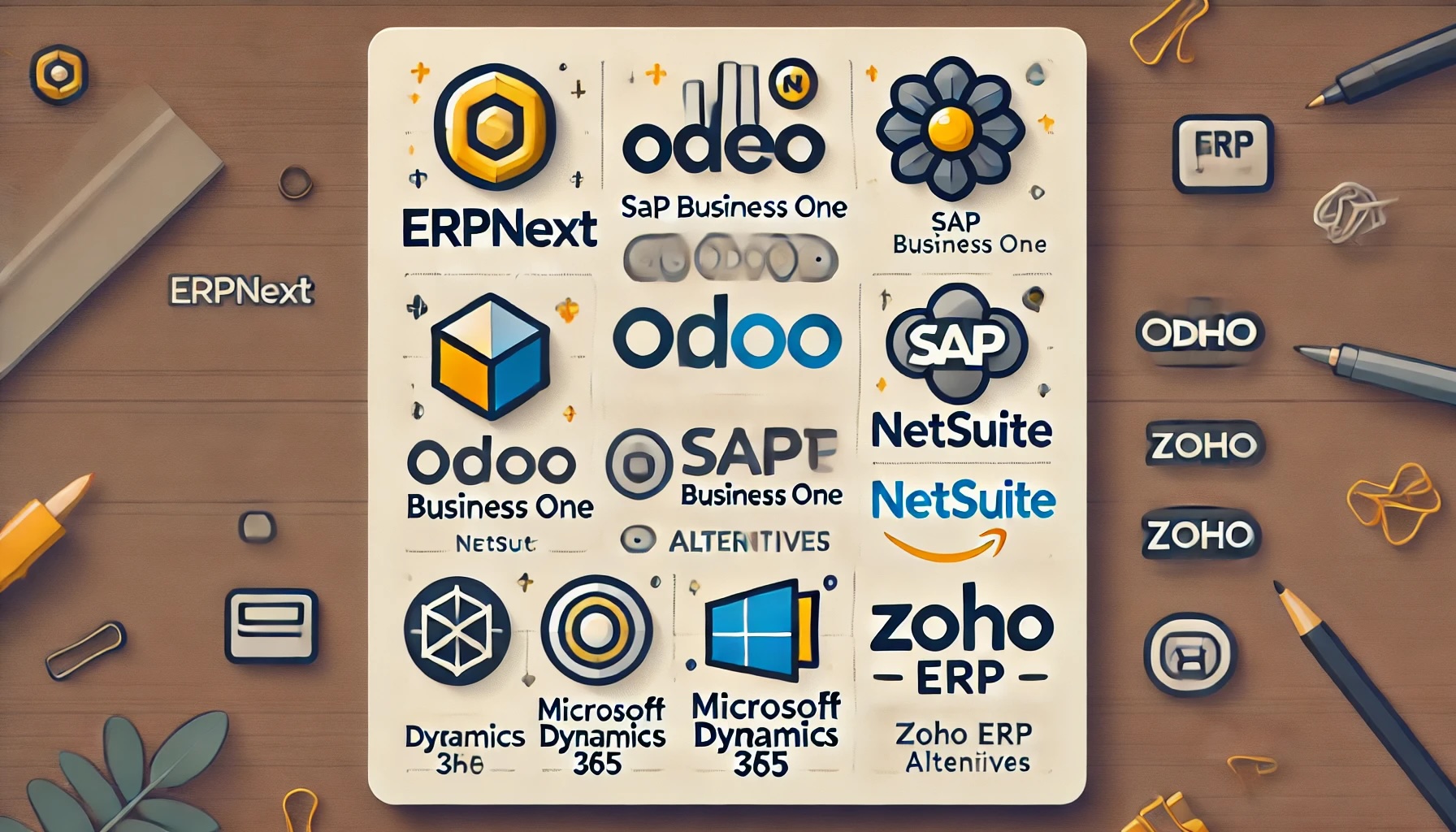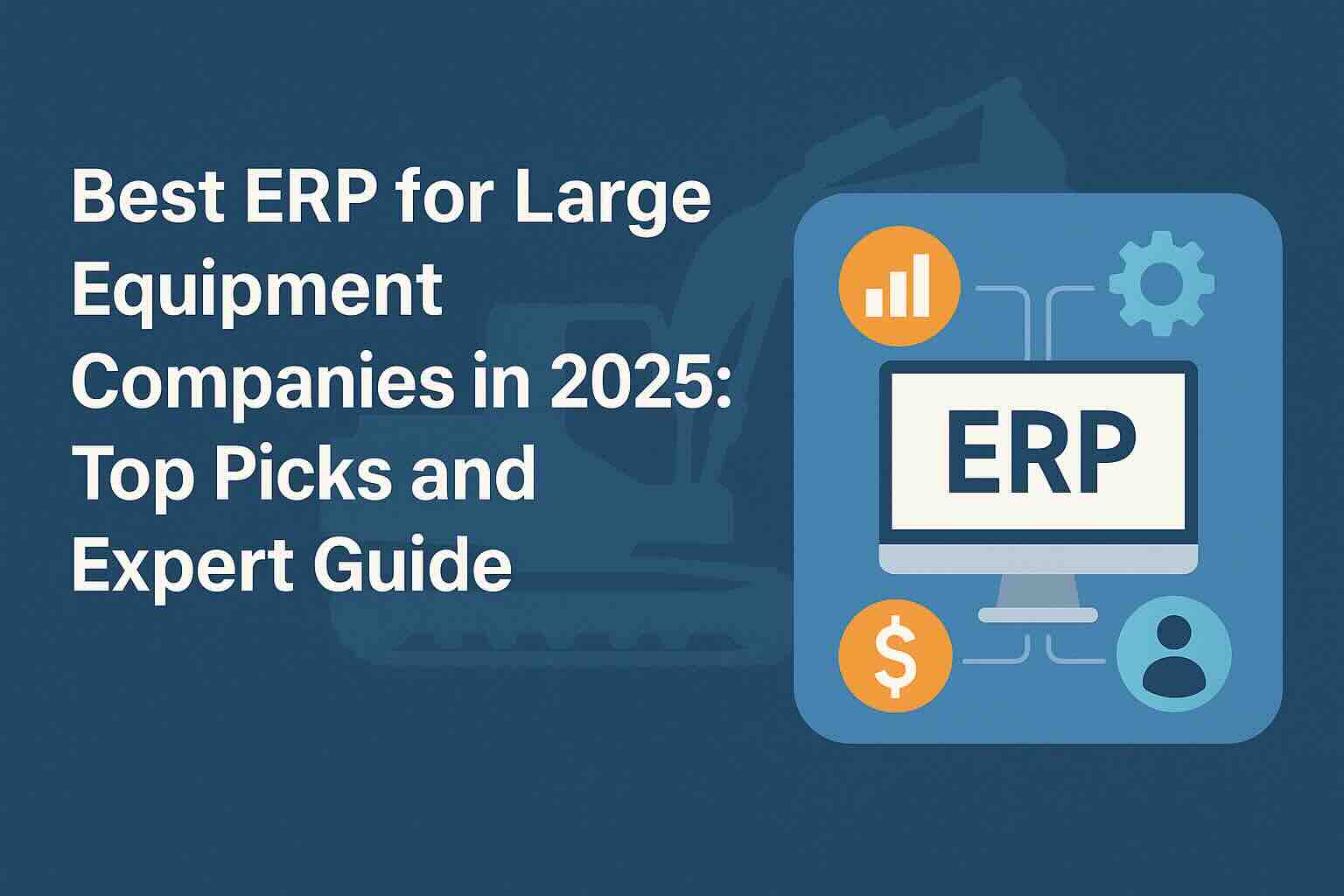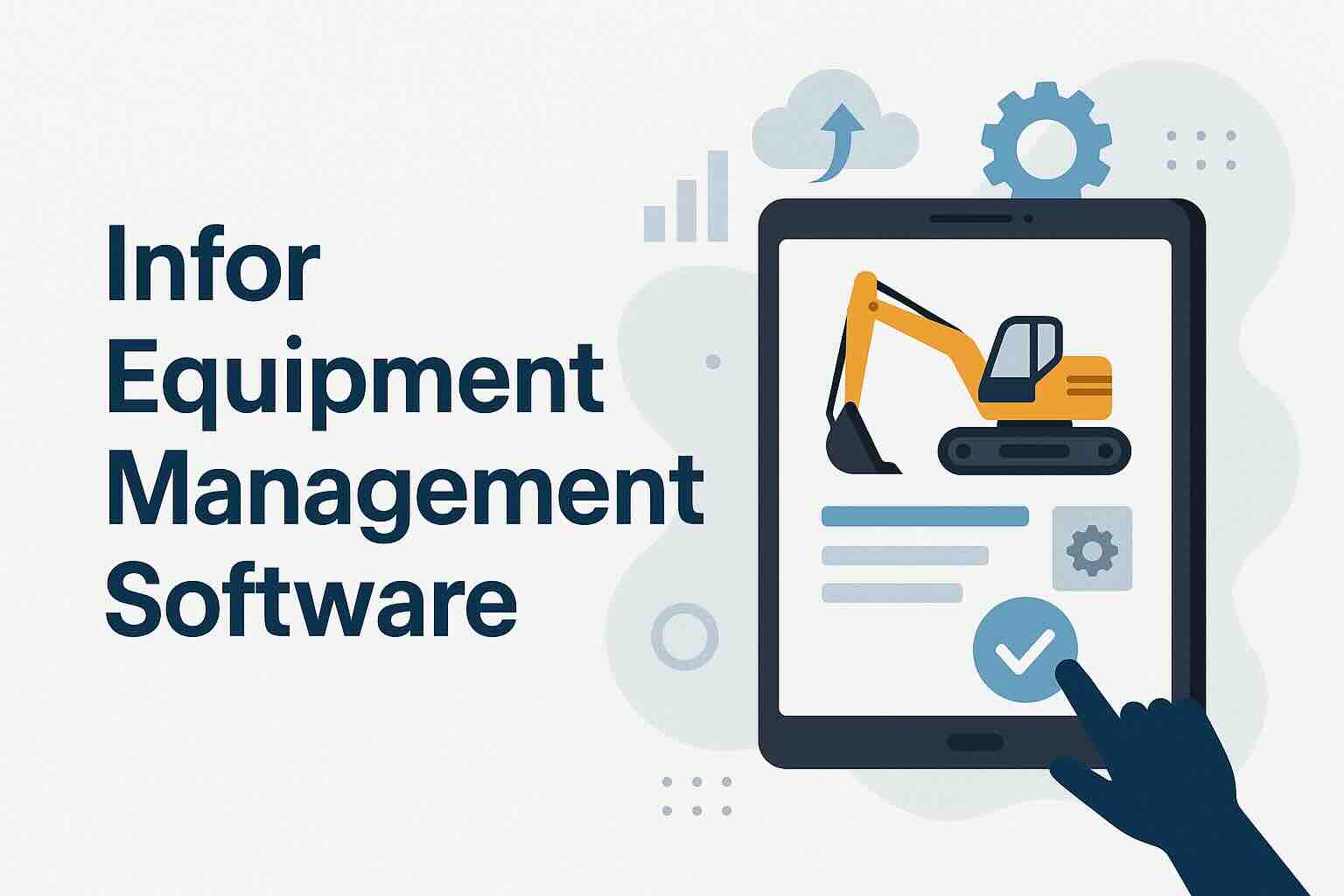ERPNext Alternatives: Top ERP Solutions to Consider for Your Business

Enterprise Resource Planning (ERP) systems are essential tools for businesses seeking to streamline operations, enhance productivity, and improve decision-making. ERPNext is a widely appreciated open-source ERP solution known for its versatility and cost-effectiveness. However, it may not be the perfect fit for every business. Whether due to specific feature needs, scalability, or support requirements, you might find yourself exploring ERPNext alternatives. In this article, we’ll explore some of the best ERPNext alternatives available today, highlighting their unique features, detailed pros and cons, to help you make an informed decision.
1. Odoo
Overview
Odoo is one of the most popular alternatives to ERPNext, offering a broad range of applications and modules. It caters to both small businesses and large enterprises with its open-source (Community) and paid (Enterprise) versions.
Key Features
- Modularity: Odoo provides over 30 main applications, including CRM, sales, inventory, accounting, and more. Businesses can add modules as they grow or as their needs evolve.
- Customization: Odoo is highly customizable, allowing businesses to tailor the system to their unique requirements across various industries.
- User-friendly Interface: The platform is known for its intuitive interface, reducing the learning curve and making it accessible to users without extensive technical expertise.
Pros
- Extensive App Marketplace: Odoo has a rich marketplace of third-party apps and modules that extend its functionality. This allows businesses to integrate additional features without significant development efforts.
- Strong Community Support: As an open-source solution, Odoo benefits from a large and active community that contributes to its development, offers support, and creates a wealth of online resources.
- Scalability: Odoo is highly scalable, making it suitable for businesses of all sizes, from small startups to large enterprises. The ability to add or remove modules based on needs helps maintain system efficiency and cost-effectiveness.
Cons
- Cost Escalation: While the Community version is free, costs can escalate significantly with the Enterprise version and when integrating multiple paid apps or modules. Additionally, the need for professional implementation services can add to the overall expense.
- Complex Implementation: Odoo’s flexibility and modularity can make implementation complex, particularly for businesses with unique or extensive needs. Without professional help, businesses might struggle with configuration and integration.
2. SAP Business One
Overview
SAP Business One is a comprehensive ERP solution tailored for small to medium-sized enterprises (SMEs). It is designed to deliver enterprise-level functionality at an affordable price, making it a stronnetg alternative for businesses that require robust, end-to-end ERP capabilities.
Key Features
- End-to-End Functionality: SAP Business One covers all critical business processes, including financial management, supply chain management, sales, inventory, and customer relationship management (CRM).
- Real-Time Analytics: The platform provides powerful analytics and reporting tools that offer real-time insights into business performance, enabling data-driven decision-making.
- Industry-Specific Solutions: SAP Business One offers tailored solutions for various industries, such as manufacturing, retail, and wholesale distribution, ensuring that the platform meets the specific needs of different business sectors.
Pros
- Robust Technology and Support: Backed by SAP’s technology and extensive support network, SAP Business One is a reliable and secure ERP solution. Businesses can rely on SAP’s global presence and resources for ongoing support and updates.
- Scalability: SAP Business One is designed to grow with your business. It offers advanced features and add-ons that can be activated as your business expands, ensuring that the ERP system remains relevant and effective.
- Focus on Compliance: SAP Business One has a strong focus on compliance, with built-in features to help businesses adhere to various industry regulations and standards. This is particularly beneficial for businesses operating in heavily regulated industries.
Cons
- Higher Cost: Compared to other alternatives, SAP Business One can be more expensive, particularly when factoring in the cost of licenses, implementation, and ongoing support. This might make it less accessible for very small businesses or startups.
- Complexity for Small Businesses: For very small businesses with simple needs, SAP Business One might be overkill. The extensive features and capabilities might not be fully utilized, leading to unnecessary complexity and higher costs.
3. NetSuite
Overview
NetSuite, an Oracle company, is a leading cloud-based ERP solution designed for growing businesses. It’s particularly well-suited for companies that require a comprehensive, integrated solution without the need for extensive customization.
Key Features
- Cloud-Based: As a cloud-native solution, NetSuite offers seamless access, integration, and regular updates, all managed by Oracle. This ensures that businesses always have access to the latest features and security updates without needing to invest in additional infrastructure.
- Comprehensive Suite: NetSuite includes a wide range of modules, including financial management, CRM, eCommerce, inventory management, and more, providing a one-stop solution for most business needs.
- Global Reach: NetSuite supports multiple languages, currencies, and compliance standards, making it an ideal choice for multinational companies or businesses with global operations.
Pros
- Scalability for Growing Businesses: NetSuite is designed to scale with your business. It can handle the complexities of growing organizations, making it suitable for businesses that anticipate significant growth or that already operate on a large scale.
- Strong Financial Management: NetSuite is particularly strong in financial management, offering advanced features like revenue recognition, financial consolidation, and real-time financial reporting. This makes it a preferred choice for finance-heavy industries.
- Integration with Oracle Products: As part of the Oracle family, NetSuite integrates seamlessly with other Oracle products, providing additional value for businesses already using Oracle’s technology stack.
Cons
- High Price Point: NetSuite is one of the more expensive ERP solutions on the market, especially when considering the cost of implementation, licenses, and ongoing support. This can be a barrier for small businesses or those with tight budgets.
- Limited Customization: While NetSuite offers a comprehensive suite of features, its ability to be deeply customized is more limited compared to open-source solutions. Businesses with highly specific needs might find this restrictive.
4. Microsoft Dynamics 365
Overview
Microsoft Dynamics 365 is a cloud-based ERP and CRM solution that offers a wide range of business applications. It is known for its deep integration with other Microsoft products, making it an excellent choice for businesses already using the Microsoft ecosystem.
Key Features
- Seamless Integration: Microsoft Dynamics 365 integrates exceptionally well with Microsoft Office, Azure, and other Microsoft services, providing a cohesive experience for users who are familiar with these tools.
- AI-Driven Insights: The platform leverages artificial intelligence to provide predictive insights and automate processes, enhancing decision-making and operational efficiency.
- Flexible Deployment: Microsoft Dynamics 365 offers flexible deployment options, including cloud, on-premises, or a hybrid model, allowing businesses to choose the best fit for their needs.
Pros
- Customizability: Microsoft Dynamics 365 is highly customizable, with a wide range of modules that can be tailored to fit specific business needs. This flexibility makes it suitable for businesses across various industries, including those with complex requirements.
- Advanced Analytics and Reporting: The platform’s strong analytics capabilities enable businesses to gain deep insights into their operations. With AI-driven tools, companies can leverage data for more informed decision-making and predictive analytics.
- Scalability: Microsoft Dynamics 365 is designed to scale with your business. Whether you are a small startup or a large enterprise, the platform can grow with you, offering additional features and modules as needed.
Cons
- Complexity and Cost: Implementing Microsoft Dynamics 365 can be complex and costly, particularly for businesses that require extensive customization or that are migrating from another system. The licensing structure can also be confusing, adding to the overall cost.
- Steep Learning Curve: Despite its integration with other Microsoft products, Dynamics 365 can have a steep learning curve, particularly for users who are new to ERP systems or who are unfamiliar with its extensive feature set.
5. Zoho ERP
Overview
Zoho ERP is part of the larger Zoho suite, known for its affordability and ease of use. It’s an excellent choice for small to medium-sized businesses looking for a straightforward ERP solution without the complexities of larger systems.
Key Features
- Affordability: Zoho ERP is one of the most cost-effective ERP solutions available, making it accessible to small businesses and startups with limited budgets.
- Ease of Use: The platform is designed with simplicity in mind, featuring a user-friendly interface and a straightforward setup process. This makes it ideal for businesses without a dedicated IT team or extensive technical expertise.
- Integration with Zoho Ecosystem: Zoho ERP works seamlessly with other Zoho applications, including CRM, accounting, HR, and more. This integration creates a cohesive experience for businesses that already use or plan to use Zoho’s suite of tools.
Pros
- Low Cost with Comprehensive Features: Zoho ERP offers a wide range of features at a fraction of the cost of other ERP systems. This makes it an attractive option for small businesses that need essential ERP functionality without breaking the bank.
- Quick Implementation: The platform’s simplicity allows for quick implementation, reducing the time and cost typically associated with deploying an ERP system. This is particularly beneficial for businesses that need to get up and running quickly.
- Strong Customer Support: Zoho is known for its strong customer support, offering various resources, including tutorials, forums, and direct support channels. This support network helps businesses resolve issues quickly and efficiently.
Cons
- Limited Functionality: While Zoho ERP offers a solid range of features, it may not have the depth of functionality required by larger enterprises or businesses with complex needs. Companies that require advanced features might find Zoho ERP lacking.
- Not Suitable for Large Enterprises: Zoho ERP is best suited for small to medium-sized businesses. Large enterprises with extensive, complex operations might find the system too basic, lacking the scalability and advanced features they need.
Conclusion
While ERPNext is a powerful and versatile ERP solution, it’s not the only option available. Depending on your business needs, budget, and future growth plans, alternatives like Odoo, SAP Business One, NetSuite, Microsoft Dynamics 365, and Zoho ERP might be better suited. Each of these platforms offers unique strengths, and the right choice will depend on your specific requirements. Evaluate your options carefully, considering factors such as scalability, cost, ease of use, and the level of support your business needs to ensure you choose the best ERP solution for your organization.
By considering these ERPNext alternatives, you can find a solution that aligns perfectly with your business goals, ensuring long-term success and efficiency.
To compare these ERP solutions and many more, you can use our new AI-powered Compare ERP tool. It’s free to use and you get a guaranteed discount on your first year’s licence fees with a referral from Compare ERP.









